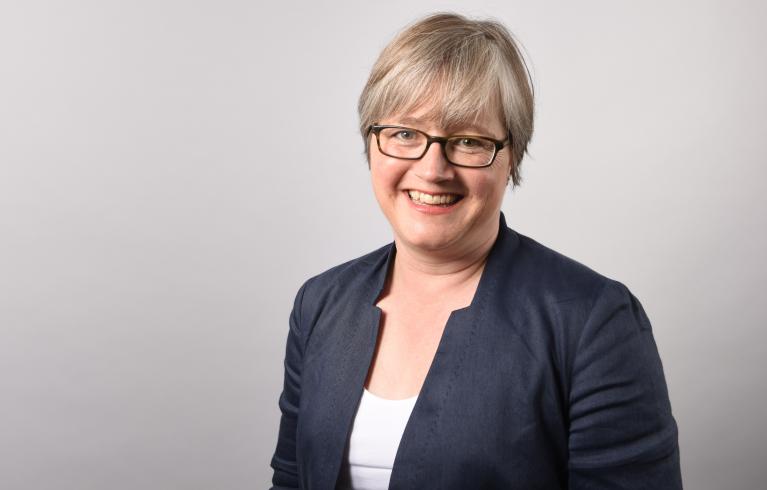
Key information
Publication type: General
Publication date:
Contents
Dear Commissioner,
Private Hire regulation and public health
Last week at Transport Committee I raised concerns about the need to protect Uber drivers and public health given recent reports in the Financial Times that drivers felt unable to stop working when they had coronavirus symptoms early in the pandemic.
It was good to hear about the practical measures you have taken to support taxi and private hire drivers with access to face masks, hand sanitiser and information, but I want to raise the more fundamental way that TfL as regulator can support drivers to be able to afford to take a test and self-isolate, particularly those working for Uber or companies using similar platforms.
You described the responsibility of Transport for London (TfL) as the body licensing Uber as onerous and that you take an intrusive approach where you stipulate standards to those you license.
Uber drivers’ employment status has now been cleared up by the Supreme Court which has affirmed that they are workers. However, last week you seemed unaware of the link from workers’ rights to public health, and additionally there was no mention of any work following this ruling in your Commissioner’s Report to the Transport for London (TfL) Board on 16 March.
We now know at least 209 people driving taxis, private hire and chauffer vehicles, likely many driving for Uber, have died since March 2020. Media reports in newspapers such as the Financial Times interview with a pharmacist in Dagenham illustrate the situation I was raising:
A lot of minicab and Uber drivers came to see me. They showed classic symptoms of the virus, but they kept saying things like: ‘Just give me something for the sore throat, cough syrup or something,’” he says. “I told them time and again to get a Covid test, but they just did not want to get a test or go to the doctor because they knew they could not afford to isolate.
It’s worrying that people who possibly had symptoms of the virus were looking to a pharmacy for ways to keep working, rather than self-isolate, as they could not afford to take time off work.
If drivers had known that they could rely on sick pay, take holiday or even just have a reliable minimum wage they would not have had the level of pressure to keep working that may have played a part in some of these cases. The pandemic has shown that workers’ rights are inextricably linked with public health outcomes.
Uber spent six years fighting a ruling on the employment status of their drivers. In addition, drivers have regularly complained of being exploited and being stuck with long-term debts for their vehicles that became harder to service as Uber flooded the market with extra cars and drivers to meet their own investors’ goals. A growing number of people in London who thought they were starting work with power to control their working life, instead found themselves trapped in long hours of low paid work, with debt to repay and no rights as workers.
Uber’s growth has had a detrimental impact on London in the past few years. It was in Uber investors’ interests to push ever more drivers and cars at the London market, and the arrangements in London failed to stop them. The outcome was a reduction in demand for taxis, a reduction in earnings for many drivers of both taxi and private hire vehicles, and a damaging increase in traffic, congestion and pollution across our city.
Uber’s entire contractual arrangements have been called into question by the Supreme Court ruling. Her Majesty’s Revenue and Customs (HMRC) were already in dispute with Uber about their VAT status and the ruling casts further doubt on Uber’s approach to taxation.
In 2019 I had an illuminating meeting with Meera Joshi, the former chair of the New York City Taxi and Limousine Commission. The Commission in New York has successfully used data-driven regulation to manage vehicle fleets and usage, enforce fair pay for drivers, and promote street safety. I asked the Mayor to consider this approach for London, but this idea has been dismissed as being beyond the regulatory approach of the UK. What is your assessment of the scope for TfL to use data to help monitor and reinforce drivers’ hard-won rights to be recognised as workers on app-based platforms?
Can you please write to me explaining what actions TfL has taken since the ruling, what investigation it has made into the deaths of taxi and private hire drivers from coronavirus, and what steps you will take to make Uber uphold the rights their drivers have now won?
As an integrated transport authority, TfL should be protecting public purpose and the interests of passengers and people working in transport. Uber has had a negative and disruptive effect on our city, which has been magnified by the pandemic, and I hope you will take the opportunity of the recent ruling to stand up for our city.
Yours sincerely,
Caroline Russell
Green Party Member of the London Assembly
Related documents
Letter from Caroline Russell to Andy Byford
Letter from Andy Byford to Caroline Russell AM on Uber ruling